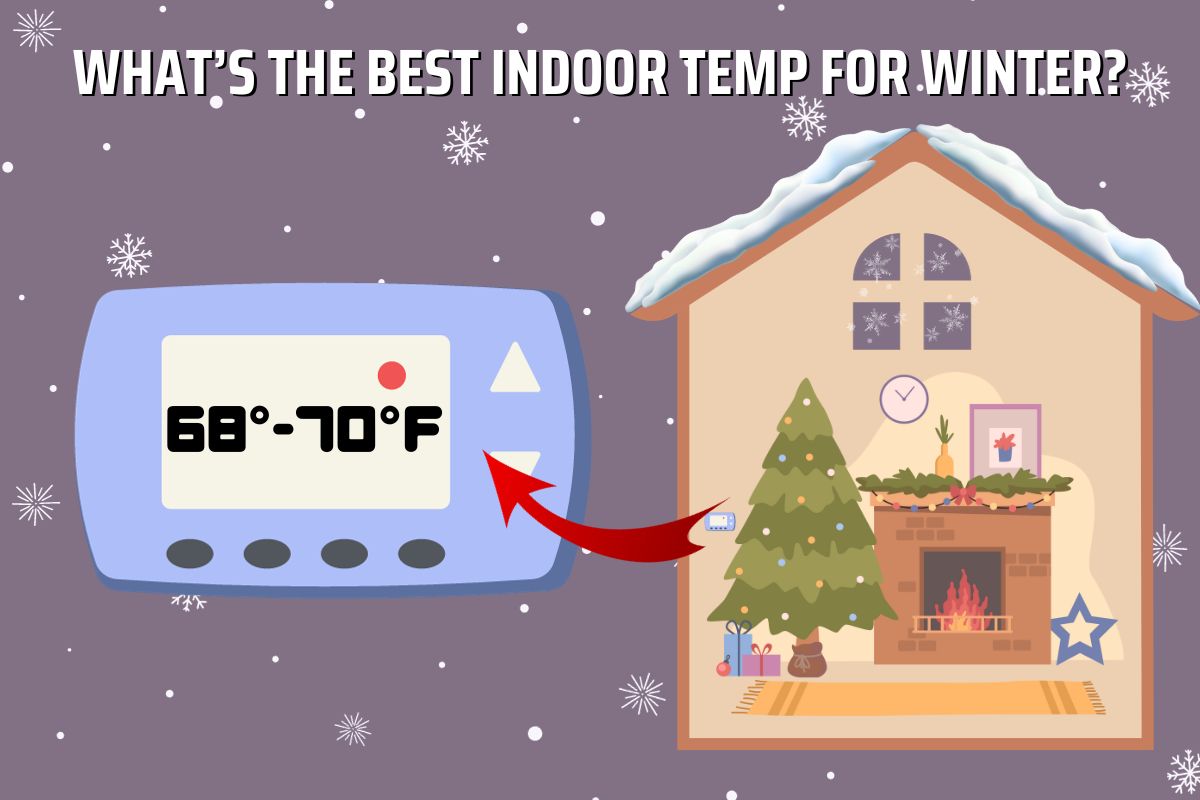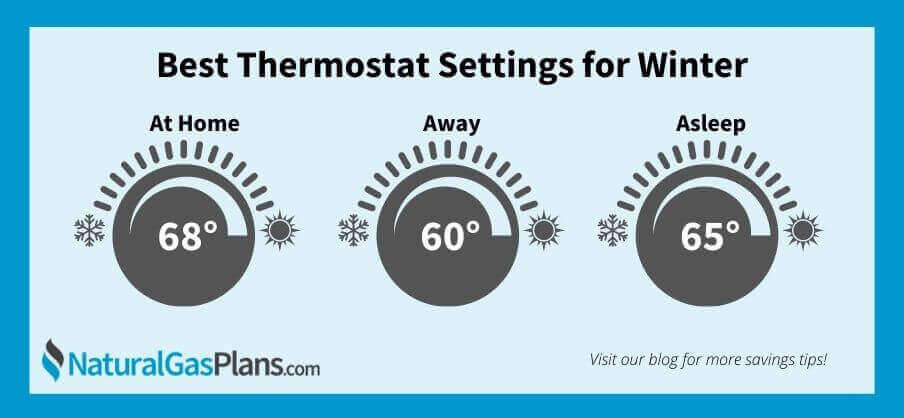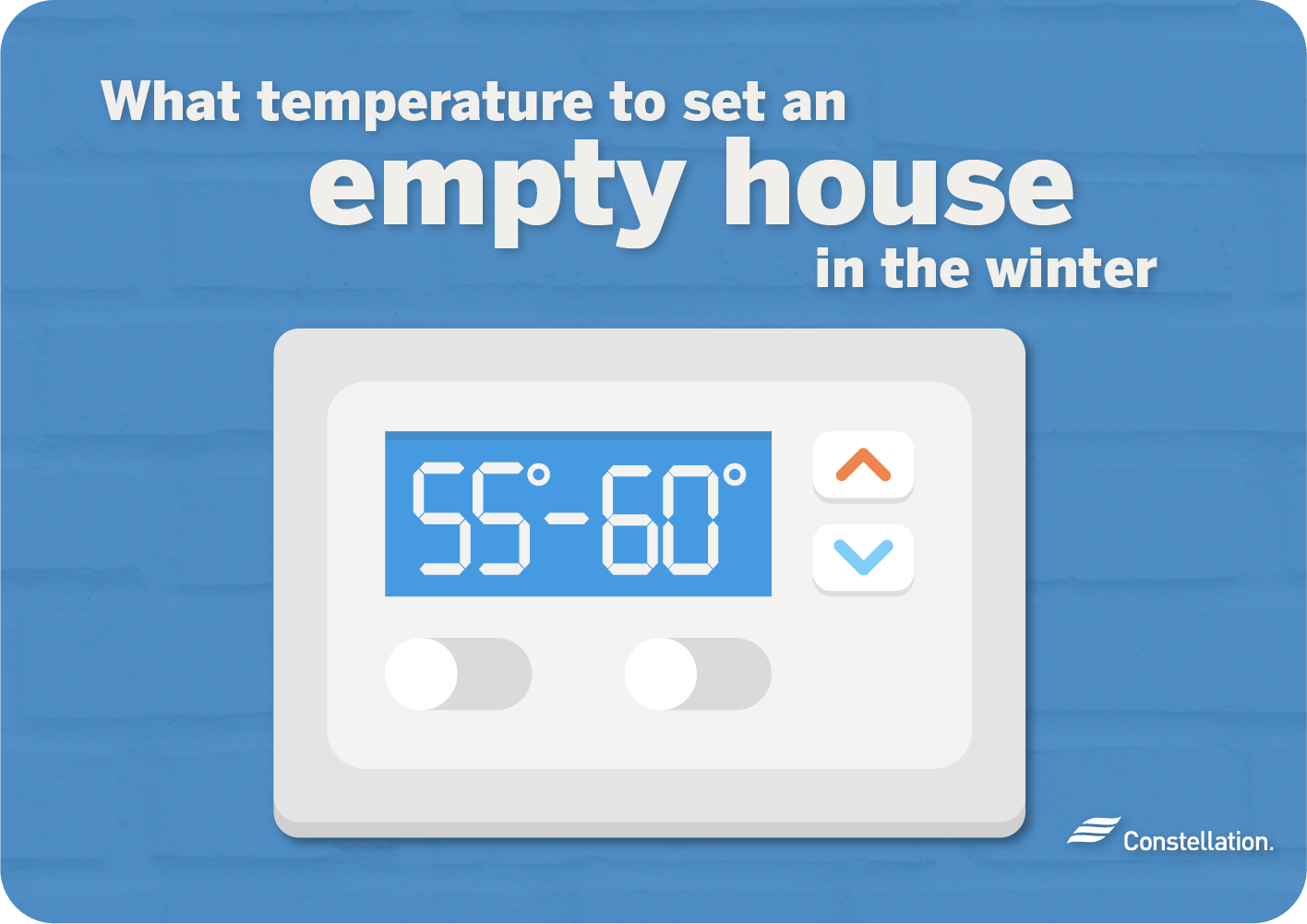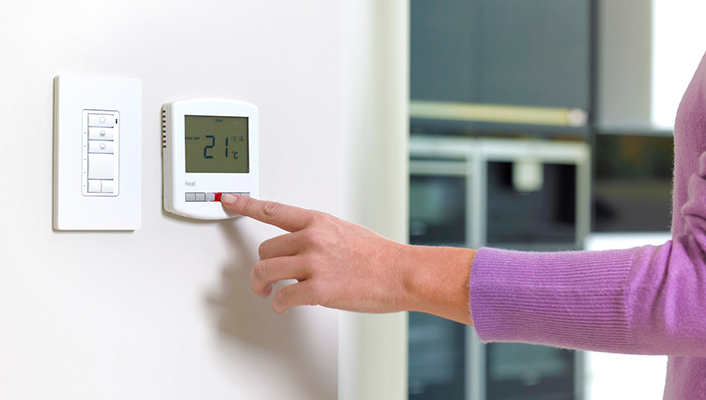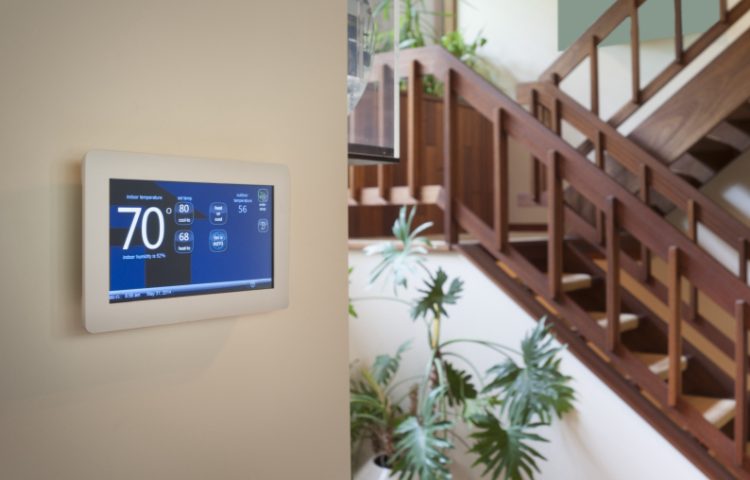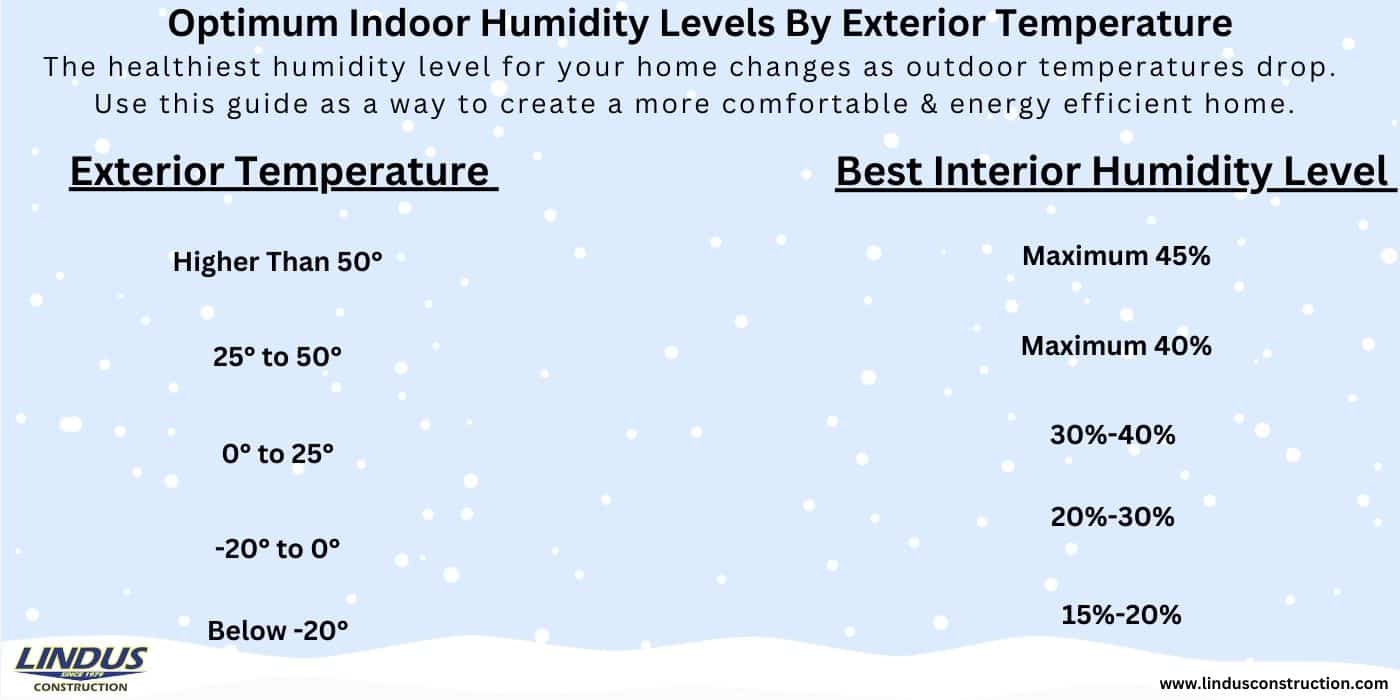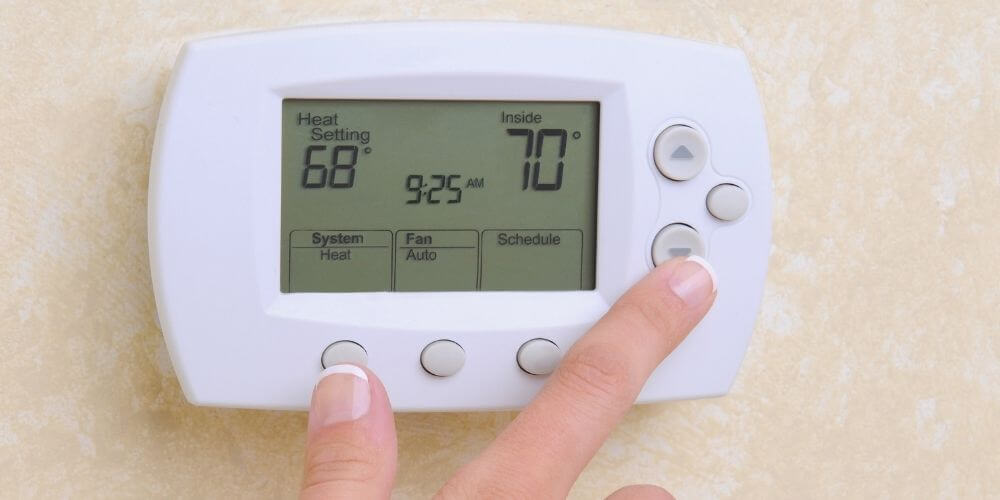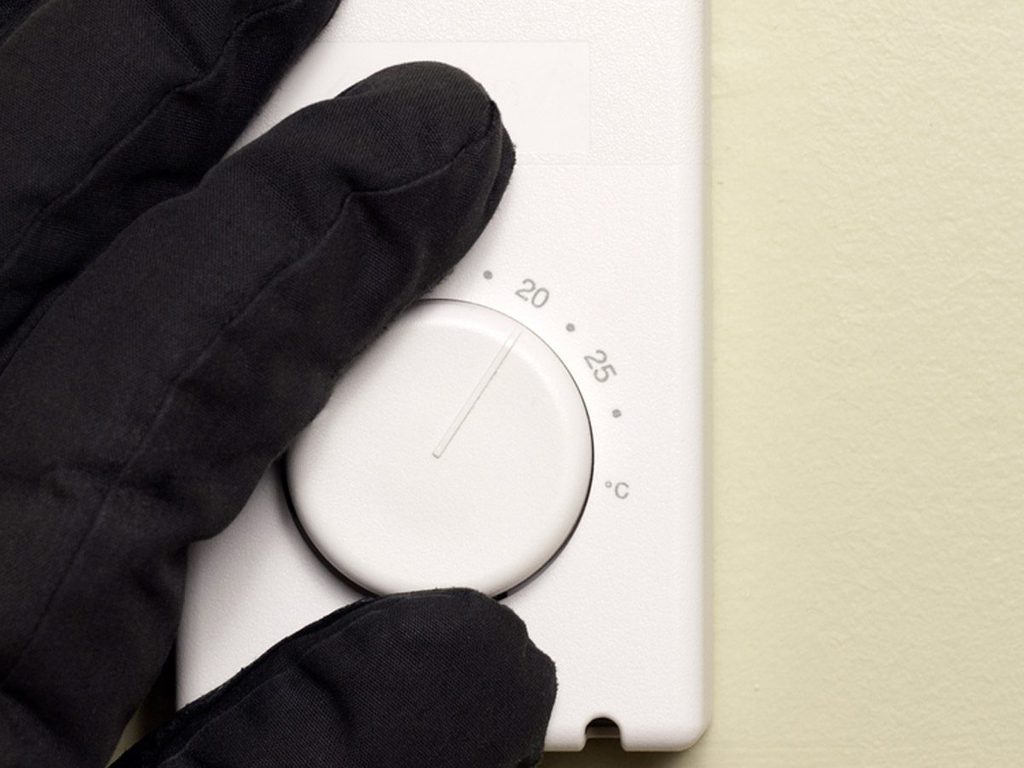What Is Best House Temperature In Winter
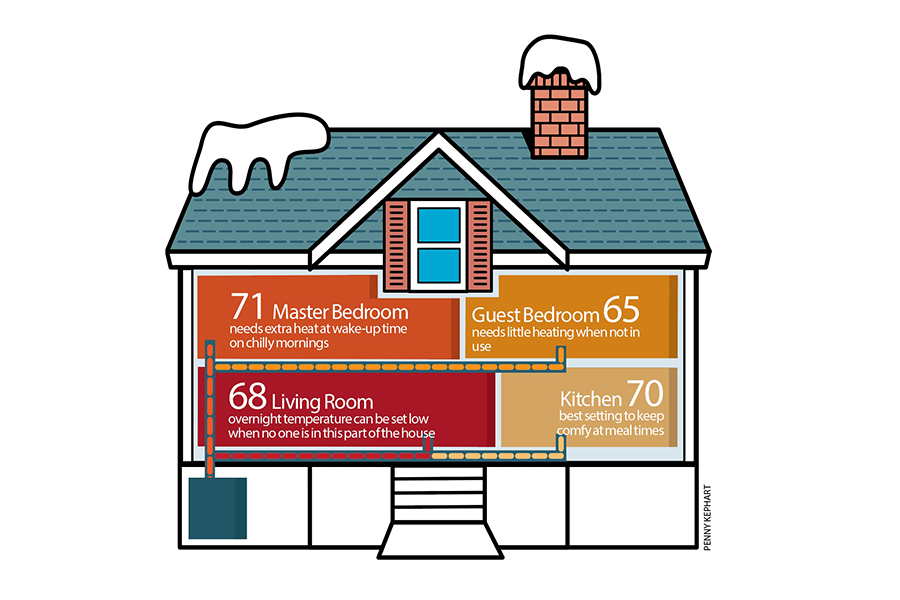
Finding Your Winter Sweet Spot: The Best House Temperature for Comfort & Savings
As winter's chill sets in, striking the right balance between a cozy home and a manageable energy bill becomes a top priority. The "best" house temperature in winter isn't a one-size-fits-all answer; it depends on your comfort preferences, lifestyle, and the energy efficiency of your home. However, understanding the factors at play can help you pinpoint the optimal setting for your thermostat.
The Energy Star Recommendation: A Starting Point
Energy Star, the government-backed symbol for energy efficiency, recommends setting your thermostat to 68 degrees Fahrenheit (20 degrees Celsius) when you're at home and awake. This recommendation is based on extensive research and balances comfort with energy conservation. Lowering the temperature when you're asleep or away from home can yield significant savings.
According to the Department of Energy, you can save as much as 10% a year on your heating bill by turning your thermostat back 7-10 degrees Fahrenheit for eight hours a day from your typical set point. This might sound drastic, but even a few degrees can make a noticeable difference over the course of a winter season.
Why 68 Degrees? The Science of Comfort and Cost
The 68-degree recommendation isn't arbitrary. Studies have shown that this temperature range provides a comfortable environment for most people engaged in typical indoor activities. Lowering the temperature further can lead to discomfort, while raising it unnecessarily increases your energy consumption and, consequently, your heating bill.
The cost savings associated with lowering your thermostat are directly related to the temperature difference between inside and outside. The greater the difference, the more energy your heating system has to expend to maintain the desired temperature. By reducing this difference, you reduce your energy demand.
The Power of Programmable and Smart Thermostats
One of the most effective ways to manage your home's temperature efficiently is through the use of a programmable or smart thermostat. These devices allow you to automate temperature adjustments based on your schedule, ensuring that your home is only heated to your preferred temperature when you're actually there to enjoy it.
Programmable thermostats allow you to set different temperatures for different times of the day and days of the week. Smart thermostats take this a step further by learning your habits and automatically adjusting the temperature based on your occupancy patterns, weather forecasts, and even energy prices. Many smart thermostats also offer remote control via a smartphone app, allowing you to adjust the temperature from anywhere with an internet connection.
The ROI on a smart thermostat can be significant. While the initial investment may be higher than a basic programmable thermostat, the energy savings they provide can quickly offset the cost. Many utility companies also offer rebates on the purchase and installation of smart thermostats, further reducing the upfront expense. Studies have shown that homeowners who use smart thermostats can save 10-12% on heating costs.
Addressing Common Concerns: Humidity and Health
Some homeowners are concerned that lowering the temperature in their home during the winter months can lead to increased humidity and potential health problems. While it's true that lower temperatures can reduce the air's ability to hold moisture, the risk is generally minimal in most well-insulated homes.
If you're concerned about humidity levels, consider using a humidifier to add moisture to the air. Maintaining a humidity level between 30% and 50% is generally considered optimal for comfort and health. A dehumidifier could be beneficial to maintain the humidity levels if the home isn't well-insulated and has air leakage.
For those concerned about health, particularly the elderly or individuals with certain medical conditions, it's essential to prioritize comfort and well-being. In such cases, maintaining a slightly higher temperature, even if it means a slightly higher energy bill, may be warranted. Consulting with a healthcare professional can help determine the optimal temperature for your specific needs.
Beyond the Thermostat: Optimizing Your Home's Energy Efficiency
While adjusting your thermostat is a crucial step in saving energy during the winter, it's also essential to address other factors that can impact your home's energy efficiency. These include:
- Insulation: Proper insulation is critical for preventing heat loss. Make sure your attic, walls, and floors are adequately insulated. The EPA recommends specific R-values for different climates.
- Air Sealing: Seal any cracks or gaps around windows, doors, and pipes to prevent drafts. Caulk and weather stripping are inexpensive and effective solutions.
- Window Efficiency: Consider upgrading to energy-efficient windows, especially if your current windows are old or drafty. Look for windows with a low U-factor and a high Solar Heat Gain Coefficient (SHGC).
- HVAC System Maintenance: Schedule regular maintenance for your heating system to ensure it's operating efficiently. This includes changing filters, cleaning coils, and checking for leaks.
Rebates and Incentives for Energy-Efficient Upgrades
Many utility companies and government agencies offer rebates and incentives for energy-efficient upgrades, including insulation, windows, and HVAC systems. Take advantage of these programs to reduce the cost of improving your home's energy performance. Check with your local utility company and the DSIRE (Database of State Incentives for Renewables & Efficiency) website for available programs in your area.
Smart HVAC Integration: The Future of Home Heating
The integration of smart technology into HVAC systems is revolutionizing the way we heat and cool our homes. Smart HVAC systems can monitor energy usage, detect potential problems, and even adjust performance based on real-time weather conditions and occupancy patterns. These systems often include features like:
- Zoned Heating: Allows you to heat different areas of your home to different temperatures, optimizing comfort and reducing energy waste.
- Smart Sensors: Detect occupancy and adjust the temperature accordingly.
- Energy Monitoring: Track your energy usage in real-time and identify areas where you can save energy.
- Predictive Maintenance: Detect potential problems before they lead to breakdowns, saving you money on repairs.
For HVAC contractors, offering smart HVAC solutions can be a significant differentiator in a competitive market. By highlighting the energy savings, comfort improvements, and advanced features of these systems, contractors can appeal to homeowners looking to upgrade their homes and reduce their energy bills.
Conclusion: Finding the Right Balance for Your Home
Determining the best house temperature in winter is a personal decision that depends on a variety of factors. While 68 degrees Fahrenheit is a good starting point, it's essential to experiment and find the temperature that balances your comfort with your energy-saving goals. By utilizing programmable or smart thermostats, optimizing your home's energy efficiency, and taking advantage of available rebates and incentives, you can create a cozy and cost-effective home environment throughout the winter months.
Remember, every degree counts. Even small adjustments to your thermostat can add up to significant savings over the long term. By making informed decisions and embracing energy-efficient technologies, you can enjoy a comfortable home without breaking the bank.
